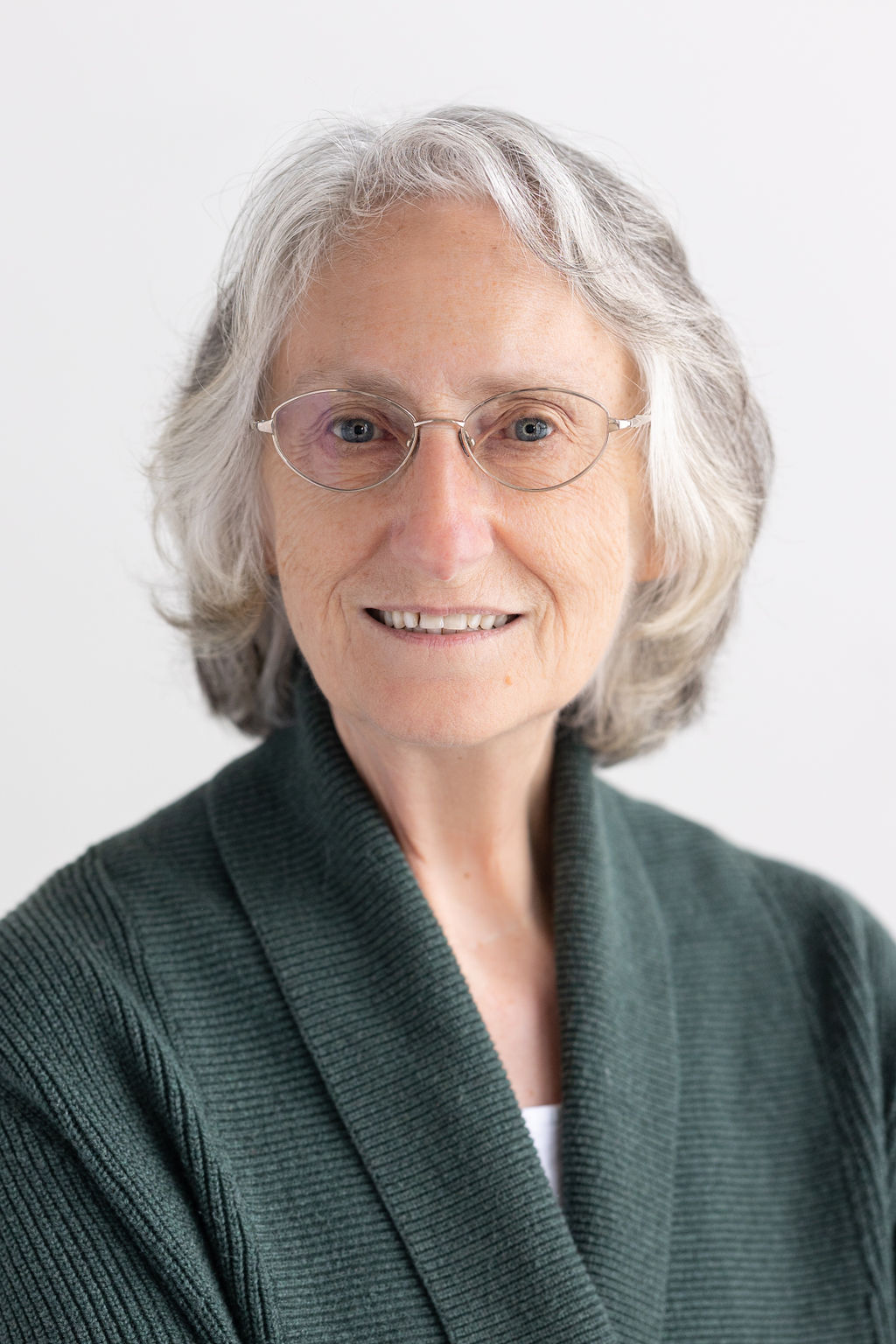
What is it about celebrity that attracts? I’ve asked myself that many times and not come up with a good answer. Love of everyone from Audrey Hepburn, the muse, to Hitler, the monster.
I’ve met celebrities in the past and I never felt normal when I was with them. I became aware of my hands and feet, which appeared to have grown. Every cell in my body tingled. What to do, what to say? I hated this about myself.
I met one celebrity, however, that helped me get over this love of celebrity. Joyce Carol Oates. At the time (late 1960s), she was married to Ray Smith, professor at the University of Windsor where I took my B.A. (Hons) and M.A. in English. I took two classes from her husband as an undergrad, unaware of who his wife was for the first one. In 1967, Joyce joined the faculty in our English Department, having run into some problem at the University of Detroit that made it difficult, perhaps impossible, for her to continue to teach there.
She still wasn’t a celebrity, then, although people whispered about her and her writing. In the spring of 1970, she received a National Book Award for her book “Them,” turning her into a full-fledged celebrity author. People bought her book and caught her in class or in the hall or anywhere in the building to get her autograph.
I didn’t. Not because I didn’t want her autograph, but because I didn’t think it was the right thing to do, as I hadn’t been in any class with her and thought it sycophantish. I bought the book and read it, and I thought back to why she might have left the University of Detroit. “Them” is set in Detroit from 1937 to 1967. The Wendell family struggles to break away from their crime-ridden background. The book is violent, as are many of her books.
After I graduated in spring of 1970, I moved to the U.S. She and Ray were still at the University of Windsor. In 1976, when I returned to the university to work as a librarian, she and Ray were still there. Our paths didn’t cross much, except when another of her books was published and we got three copies and I was charged with getting her autograph on two of them for the archives. In 1978, she and Ray moved to Princeton.
A couple of years later, there was an article about her in “Saturday Review of Literature,” part biography and part discussion about her work. In that article, she trashed the University of Windsor. She had not one good thing to say about it. I found that very sad. The university had given her a job, originally largely because of Ray. It had also honored her as her writings grew along with her fame.
Celebrity assumes a higher level, somehow, a person who rises above the failings of our human race. Joyce showed me that such an assumption is wrong. Perhaps she was unhappy the entire time she was at the University of Windsor and no one would suggest that Windsor rivals Princeton. But it’s a place where people learn and grow. It’s had other famous people — at least famous in Canada. I think of Alistair MacLeod, whom I never thought of as a celebrity, but he was. He came to the University of Windsor in 1969 and taught there for over thirty years.
His output was sparse, unlike Joyce’s, which is prolific, but he, too, was a great writer, as noted in Canada as Joyce is in the U.S. He was the first Canadian writer to receive the International IMPAC Dublin Literary Award in 2001. Until the award was announced, MacLeod had been largely unknown outside Canada. After the award, all that changed. In 2008 he was made an Officer of the Order of Canada, and in 2009 he shared the PEN/Malamud Award for short fiction with the American author Amy Hempel. So, not a slouch as a writer.
I could always talk to him. Everyone could. He made people feel valued and important. And it wasn’t his celebrity, which he eschewed. It was his humanity. And he completed my education on celebrities. They’re just people like the rest of us, with assets and liabilities. Any respect they earn is on their own merits as people.
